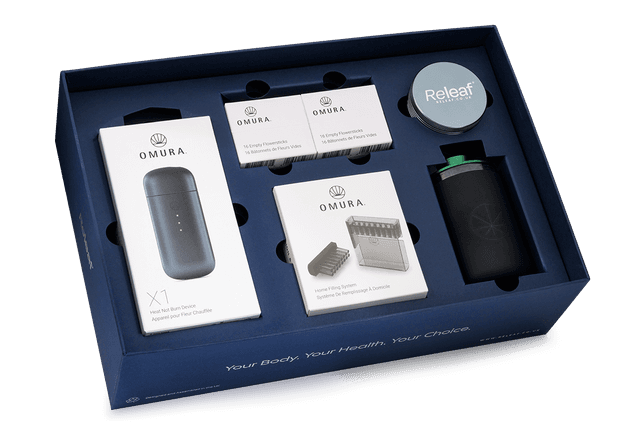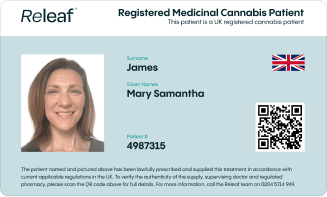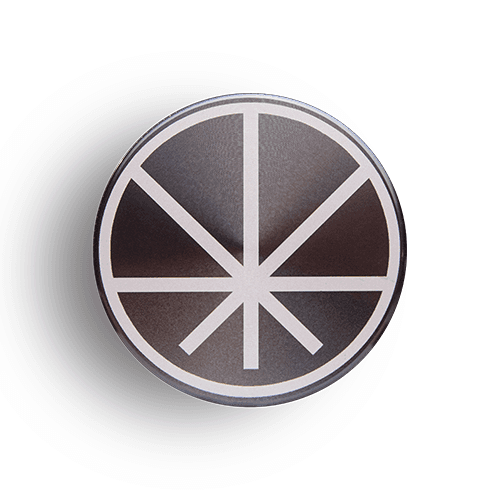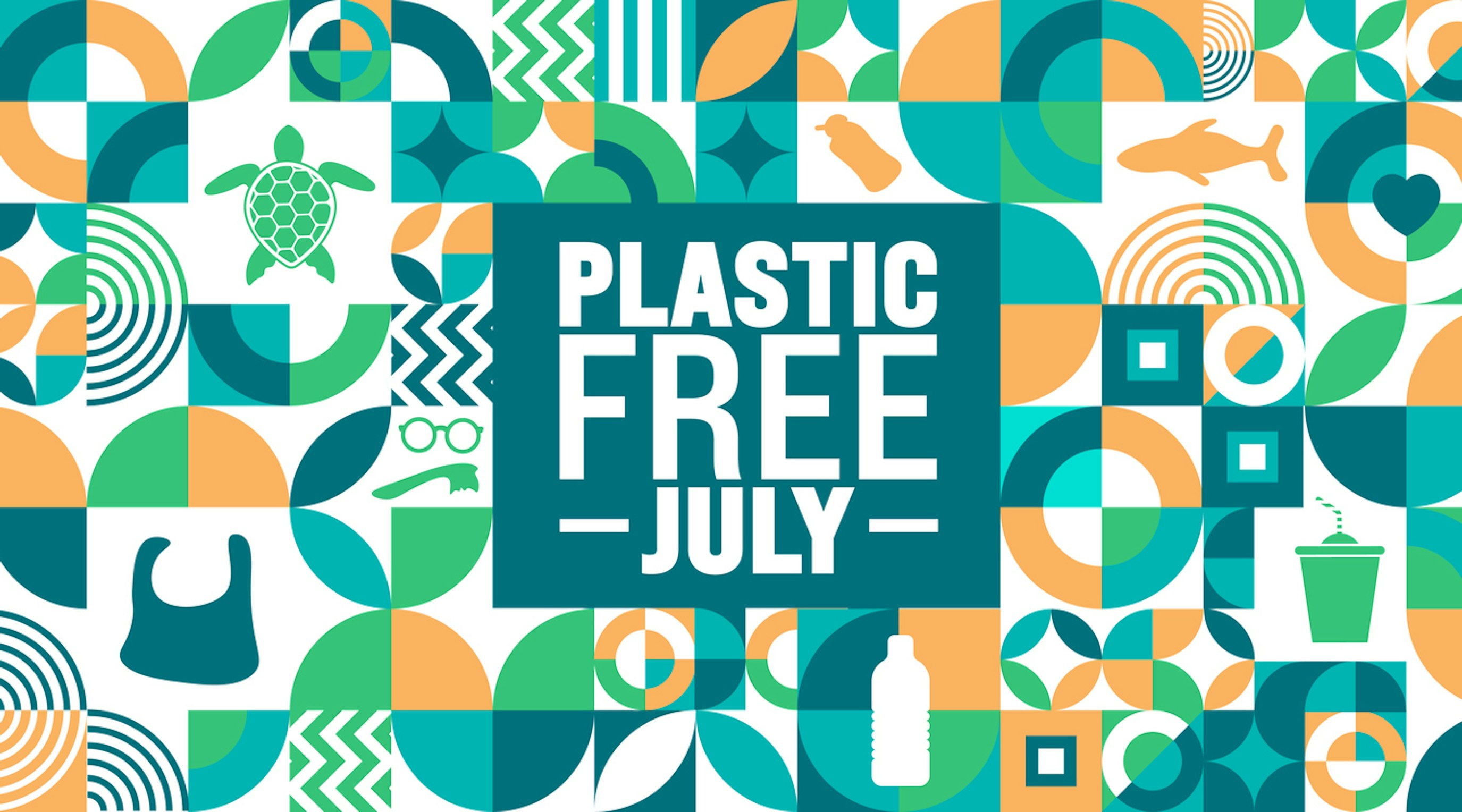What is plastic free July?
Plastic Free July is a global movement, led by the Plastic Free Foundation, which sees millions of people say no to single-use plastics throughout the month of July.
The campaign aims to raise awareness of the huge environmental impact of plastic pollution and form part of the solution for cleaner streets, oceans, and communities.
Why is plastic-free July important?
Single-use plastic products, from water bottles and food containers to household cleaning items and cosmetics, have become staples in everyday life. In fact, the vast majority of what we purchase and consume comes in the form of single-use plastic, approximately 85% of which will ultimately end up in landfill or as unregulated waste. And every day, 8 million pieces of plastic make their way into the ocean.
The thing that makes plastics so appealing for use in packaging materials is also what makes it so damaging to our natural environment.
Plastics can be fatal for wildlife, who may accidentally ingest it or become entangled. But microplastics can also enter the human body through absorption and inhalation, or block sewers and water systems, posing a substantial risk to our health.
When did Plastic Free July start?
Plastic Free July was started by Rebecca Prince-Ruiz and a small team in local government in Western Australia in 2011.
The campaign took off and in 2017 Prince-Ruiz set up the Plastic Free Foundation Ltd as an independent, not-for-profit charity in order to better support participants and continue expanding on its important work.
What impact has Plastic Free July had?
Since it launched, the initiative has inspired over 100 million participants in 190 countries around the world to cut down on their consumption of single-use plastics.
According to the foundation’s impact report, over the last five years, participants have collectively avoided 10 billion kgs of waste, including 1.4 billion kgs of plastic, achieving an average reduction of 18 kg in waste and recycling per person per year.
Last year alone participants reduced their households’ plastic consumption by 240 million kg.
How is Releaf supporting Plastic Free July?
As a clinic specialising in natural medicine, Releaf takes sustainability seriously and has taken steps to reduce the company’s environmental footprint. This includes promoting a plastic-free lifestyle (and supporting our patients to do so) all year-round.
The problem with plastic cannabis packaging
As with many other medications and consumer goods, medical cannabis is contributing to the growing issue of global plastic pollution.
The vast majority of products in the industry are packaged with single-use plastics, from tubs of flower to single-use vape cartridges. Not only does it almost always end up in landfill, but it’s not the best material for storing cannabis flower when it comes to maintaining its optimum quality.
Plastic-free cannabis packaging
But it doesn’t have to be this way. Producers can seek out more eco-friendly cannabis packaging such as biodegradable plastics, recyclable or compostable packaging materials. And using minimal and lightweight packaging designs to help to further reduce the environmental impact.
In an effort to look to more eco-friendly solutions in the cannabis sector, Releaf’s own-brand medical cannabis flower is one of the few in the UK to come in entirely plastic-free packaging. It is packaged in aluminium tins, which also help protect the potency of the terpenes and prevent the quality from deteriorating.
Releaf’s sustainable starter kits
Releaf’s starter kits, which are sent out to all new patients when they sign up, are also made from 100% recyclable cardboard to further reduce waste and efforts are made to use sustainable materials for the contents wherever possible.
Each box contains:
- a glass storage jar
- an aluminium grinder
- biodegradable flower sticks
- Home Fill system
- An Omura vaporiser
Releaf has recently upgraded the vaporizer included in the starter kits to the Omura X1 model. Unlike disposable vapes, the Omura X1 is rechargeable, reducing electronic waste.
The flower sticks used with Omura vaporizers are compostable, made from FSC-certified paper, and contain no single-use plastics.
UK-grown cannabis
Of course, aside from packaging, transportation, energy consumption and processing also factor into a medical cannabis company’s carbon footprint. The majority of prescribed products in the UK are manufactured overseas and imported from around the world, racking up thousands of air miles before they reach patients.
Releaf is also proud to have partnered with the first domestic producer of medical cannabis, Glass Pharms®, meaning doctors can prescribe products made from cannabis grown here in the UK.
Minimising the distance that products travel inevitably reduces the amount of carbon emissions transmitted into the atmosphere during the transportation process and makes a dramatic difference to the amount of air miles attached to the industry.
How to do Plastic Free July
Anyone can take part in Plastic Free July—however minor you think your impact will be, it all adds up to part of a much bigger mission. You can even encourage others to get on board by introducing the idea to your workplace or friends and family.
It could be as simple as swapping out some of your household goods for alternatives, or as ambitious as lobbying your local council to introduce more widespread plastic-free policies.
Plastic Free July tips
Here’s a few ideas for how you can take part at home, at work and online.
At home:
- Always carry reusable shopping bags.
- Use reusable water bottles and coffee cups instead of buying bottled water. There are many options made of stainless steel, glass, and BPA-free plastic.
- Say no to plastic straws. Use reusable alternatives made of stainless steel, bamboo, or silicone.
- Switch to bar soaps and shampoos, which often come in paper packaging or are package-free.
- Choose clothing which is made from natural fibres to help reduce microplastics
- Find plastic free alternatives when buying fruit and veg
At work:
- Establish a ‘green team’ to brainstorm and implement strategies for reducing plastic use in the office.
- Provide employees with reusable items such as water bottles, coffee cups, and cutlery.
- Improve recycling programs and ensure they are properly utilised by all employees.
Online
- Participate in and promote Plastic Free July challenges on social media to inspire others.
- Use your social media platforms to share tips, success stories, and challenges related to reducing plastic use.
- Join or create online campaigns to raise awareness about plastic pollution
You can find more inspiration via the campaign’s website
Working towards a plastic-free future
Unfortunately, despite these significant steps forward, there are still areas where plastic use is unavoidable at this stage in Releaf’s journey. For instance, Releaf’s medical cannabis cards are made from plastic– as this is the most suitable material – and oils are currently shipped in bubble wrap to prevent any breaks.
However, the team is working with its partners to explore new packaging options and alternative solutions that could further minimise its environmental footprint and advance towards a plastic-free future.





